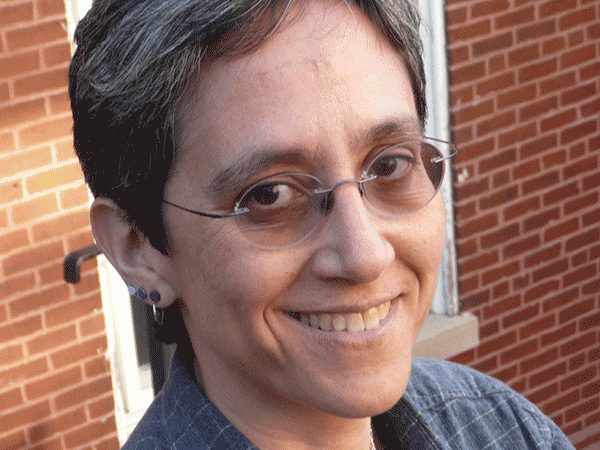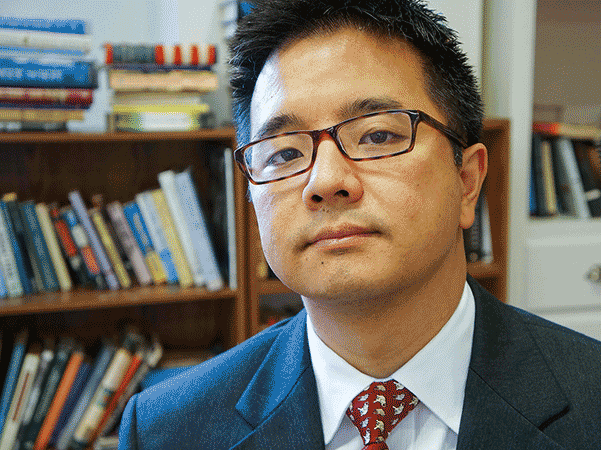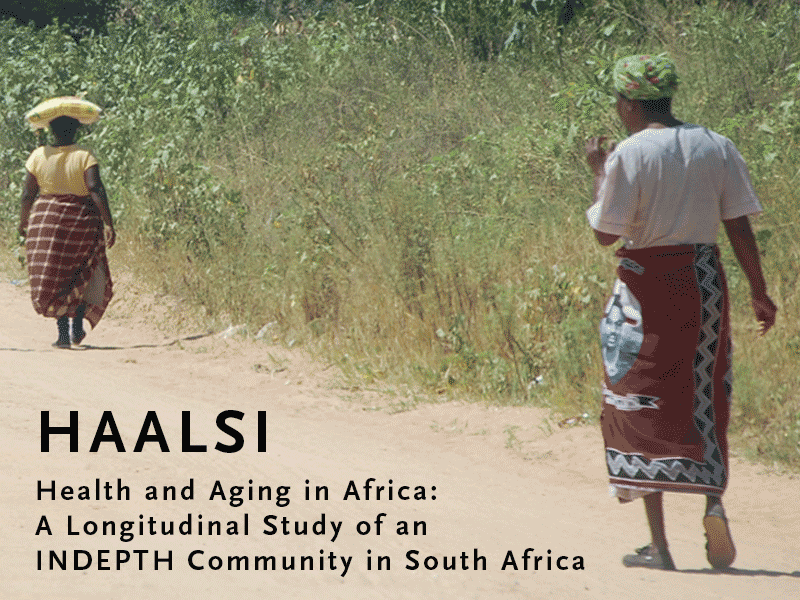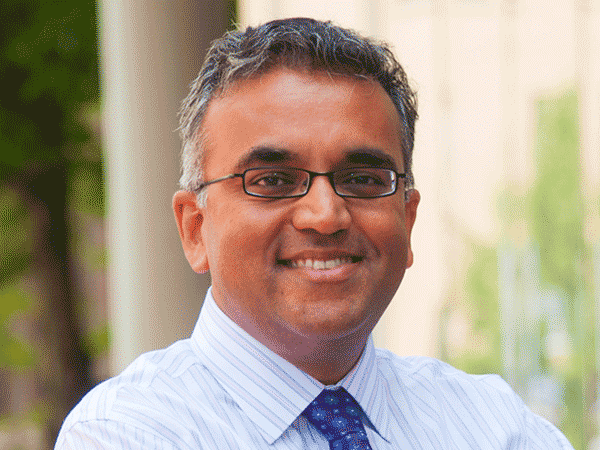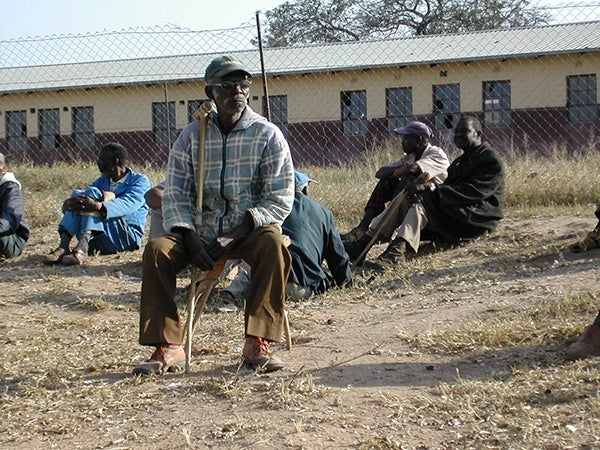Nancy Krieger shares her perspective as a social epidemiologist in this Q&A in The New Yorker on everything from the difference between inequities in health status vs. inequalities in health care (and what happens when they collide) to the eco-social theory of disease distribution, to the history of social epidemiology, dating back to 1848.
Professors Bloom and Canning pen op-ed proposing a scientific, cost-effective way to get needed data on COVID-19 infection rate
In today’s Boston Globe, David Bloom and David Canning, both Harvard Pop Center faculty members, call for conducting COVID-19 tests on a representative sample of the population, leveraging already collected data from the US Census Bureau’s American Community Survey, along with additional information currently being culled by the COVID-19 Symptoms & Social Distancing Web Survey being conducted by their team at the Harvard T.H. Chan School of Public Health. Learn…
Factoring in structural inequalities in fight against COVID-19
Harvard Pop Center faculty member Nancy Krieger is an author of a pre-print article that examines the U.S. county by county to identify those most vulnerable to the risks of COVID-19 and in greatest need of interventions aimed at minimizing the epidemic’s toll on people’s health and its burden on the healthcare infrastructure.
This time-series analysis shows state-level social distancing slows growth of U.S. COVID-19 epidemic
Harvard Pop Center faculty member Alexander Tsai, MD, PhD, is an author of an article that reports finding social distancing to be associated with a decrease of 3,090 cases at 7 days, and 68,255 cases at 14 days, after these measures were implemented. Other authors of the article include Mark J. Siedner, Guy Harling, Zahra Reynolds, Rebecca F. Gilbert, and Atheendar Venkataramani.
Education is not only factor in cognitive health disparities between older men and women in rural South Africa
Researchers affiliated with HAALSI, a longitudinal project focused on an aging population in South Africa, have published a study that emphasizes the need for additional research focused on strengthening the cognitive resilience of older women, given the predominately female composition of aging populations worldwide.
PGDA joins fight against COVID-19 with symptoms and social distancing web survey
Professors David Bloom and David Canning, along with Rashmi Dayalu (all associated with the Program on Global Demography of Aging (PGDA) at Harvard, and Boston University Assistant Professor Mahesh Karra, have created a 5-minute survey that can be taken by U.S. residents age 18 and over to help gather information on COVID-19 symptoms and social distancing behavior at a national level. Your participation will help to advance research to better…
Continue reading “PGDA joins fight against COVID-19 with symptoms and social distancing web survey”
Applying the lessons from the field of genetics to social determinants of health with a polysocial risk score
Faculty member Ashish K. Jha, MD, and colleagues suggest in this JAMA Viewpoint that given the complexity of trying to parse the impact of social factors on health, perhaps developing and deploying a risk score model similar to the polygenic model could advance the field of social determinants of health.
Impact of traumatic events earlier in life still registers among older cohort in rural South Africa
Researchers affiliated with a longitudinal study on aging in South Africa (HAALSI) have published a paper that examines the impact of traumatic events experienced earlier in the life course on cognition, and mental and physical health outcomes in an older South African population.
Can the socioeconomic status of a neighborhood influence the cognitive health of its residents?
A study published by researchers affiliated with the French Constances cohort (a nationally representative sample of 200,000 adults aged between 18 and 69) reveals that neighborhoods suffering from socioeconomic deprivation were linked to cognitive impairment. Harvard Pop Center Director Lisa Berkman, PhD, is co-PI on the project and one of the study authors.
Jason Beckfield: “The virus is not doing the dividing”
On Bloomberg.com, Harvard Pop Center Associate Director and Sociologist Jason Beckfield points to the deep structural problems with the organization of our society as the Covid-19 pandemic blatantly exposes workforce inequality.

